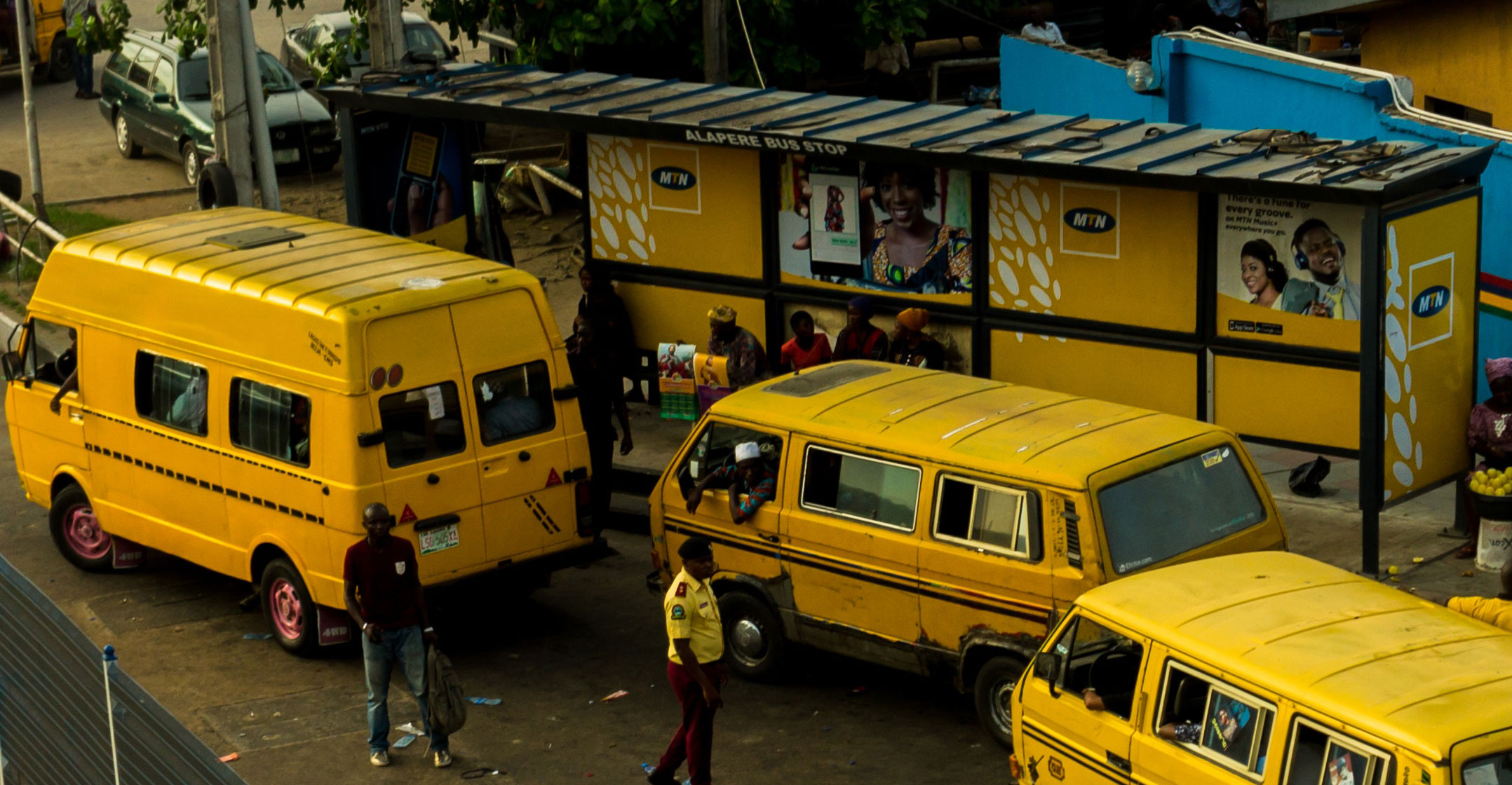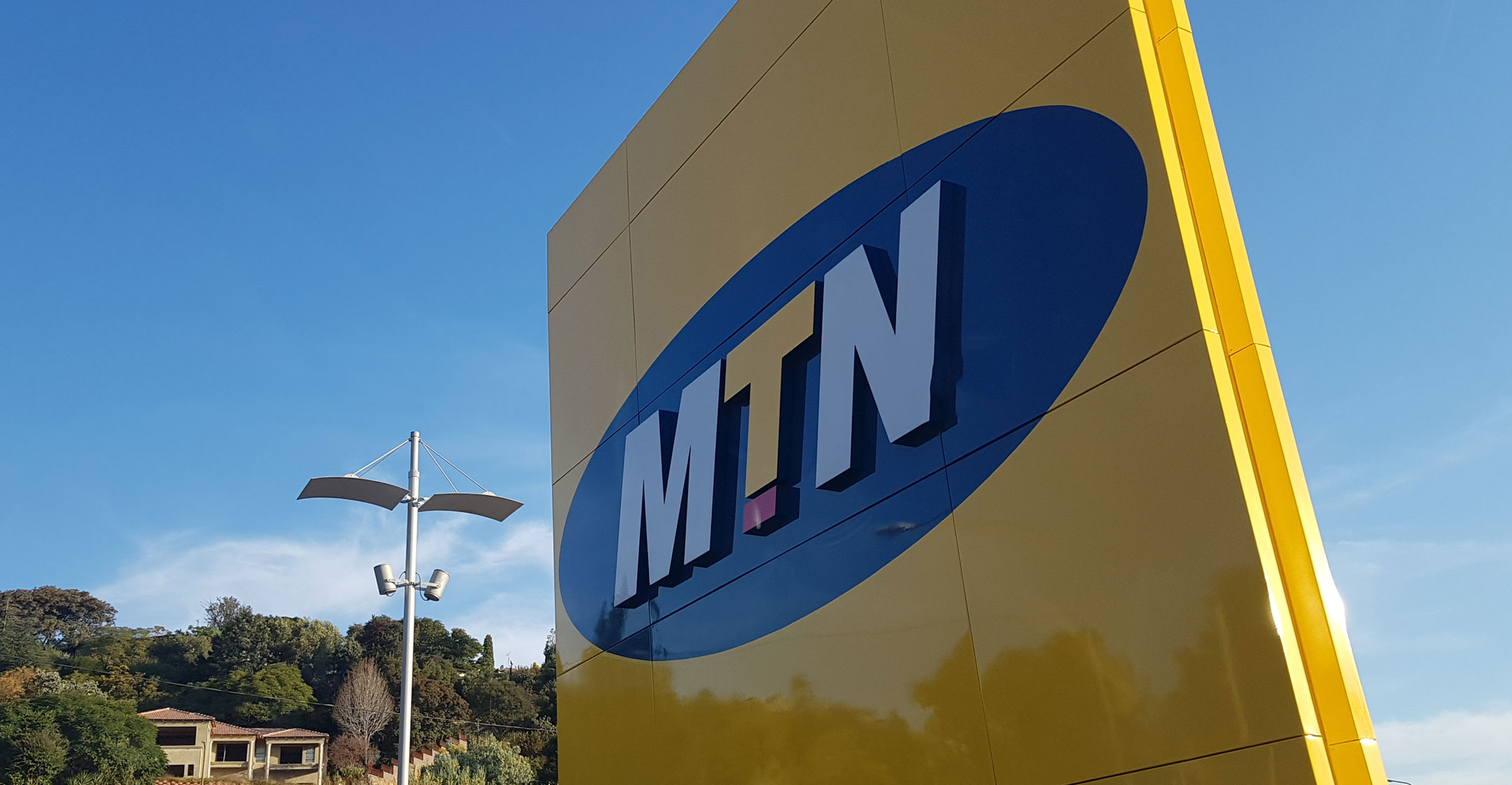 The demand by Nigerian minister of communications and digital economy Isa Ali Ibrahim Pantami that all of MTN’s 75 million subscribers be registered with national ID numbers in two weeks might seem like the authorities in the West African country are gunning for it once again.
The demand by Nigerian minister of communications and digital economy Isa Ali Ibrahim Pantami that all of MTN’s 75 million subscribers be registered with national ID numbers in two weeks might seem like the authorities in the West African country are gunning for it once again.
Although it follows MTN Nigeria being told to pay US$5.2-billion in fines in 2015 for not properly registering 5.2 million users, the South African-based operator has worked hard at repairing its relationship with the authorities.
This time is also somewhat different as MTN isn’t the only one in the firing line: Mobile operators across the board are affected by the demand that all 200 million mobile subscribers register their national identification number with their Sims by the end of this year. If MTN, Airtel, Glo Mobile and 9mobile still keep unregistered subscribers on their networks, there is a chance they could lose their licences.
It’s also different because there is widespread opposition in Nigeria against the move to register so many people in so little time. This resistance can be seen in an editorial in the daily newspaper, the Vanguard, which said a directive had been given by Pantami that had the capability “of destroying the entire communications industry” and called on “common sense” to prevail.
There is also opposition in Nigeria’s house of representatives. Ndudi Elumelu, despite being a minority leader in the house, managed to get a resolution passed calling for a 10-week extension of the registration period.
Large crowds
Elumelu made the point that although the reasons for the registration — the combating of terrorism and money laundering — are understandable, the tight deadlines during the Covid-19 pandemic would endanger people, as it would result in the gathering of large crowds.
It does not help that the ID number registration process is also extensive. It needs a special device to record all 10 fingerprints, which then have to be securely downloaded to the National Identity Management Commission. The whole process will see only four people registered per hour using one of these devices.
Despite the broad call for a delay, for now it looks like Pantami — a former computer science lecturer who was director-general and CEO of the National Information Technology Development Agency before being made minister in August 2019 — is sticking to his guns.

The mobile operators are clearly going to miss the deadline, but the Nigerian federal government is pushing hard to get control of how militant Islamist group Boko Haram raises funds and coordinates its activities.
More stringent requirements have hampered Boko Haram to such an extent that in a video in February, its leader, Abubakar Shekau, threatened to kill Pantami because of his efforts to enforce ID number and bank verification numbers. In the video, Shekau told Boko Haram members to kill the minster if they had the chance.
The Boko Haram leader’s vendetta against the minister can be seen in his taunting of him in the video. “This video message is specifically released because of one man, who thinks he is knowledgeable. I want him to archive this message and continue referring to it till his death comes. From today onward, you will continue to live in sorrow, because I, Shekau, say so.”
Shekau even mocks Pantami — who, aside from having a PhD in computer science, is also a Jumu’ah Chief Imam — for preaching in English.
The issue around Boko Haram and banditry has come to the fore in the past few weeks, after 344 boys were kidnapped from a school in Kankara, in Katsina State. While the boys were later released, it follows the kidnapping of 276 schoolgirls in 2014 — of whom about 100 have yet to be found.
Boko Haram, which has led a widespread campaign of violence in Nigeria’s northern states since 2002, has yet to be brought under control by the Nigerian government, resulting in thousands of deaths.
The issue is so vexing for the state that in 2016 President Muhammadu Buhari told then-South African President Jacob Zuma that MTN’s laxness in addressing the improperly registered 5.2 million users helped Boko Haram. “The concern of the federal government was basically on the security and not the fine imposed on MTN,” Buhari said at the time.
- This article was originally published on Moneyweb and is used here with permission




